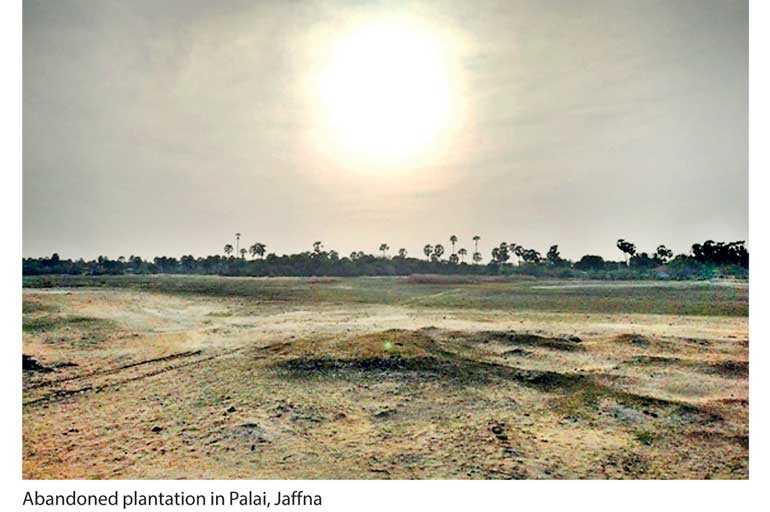Friday Feb 27, 2026
Friday Feb 27, 2026
Friday, 20 April 2018 00:00 - - {{hitsCtrl.values.hits}}
 By Naveen Anandakumar
By Naveen Anandakumar
We have noticed from increasing competition between the US and China, projects in Sri Lanka, given Sri Lanka’s strategic regional location, is being used as a proxy base for learning and influence in a more direct way than before.
This so far has been discussed at the policy level when it comes to encouraging investments, notably for frontier market funding on conservative infrastructural investment options in Sri Lanka as part of a combined capital stack (one to two year mezzanine in between local private equity and senior local or regional debt finance for example), which presents an opportunity at this time of regional jostling.
With President Xi Jinping recently being elected an unlimited term period of leadership, foreign exchange policy changes in November are becoming sharper, with even increased scrutiny on foreign investments – the current grace of having funds already overseas to invest is also a limited route if expected reforms on foreign earning auditing becomes stricter.
Increasing nationalism in the world’s major economies is also seeming to redirect private equity investments inwards, or at least restricted to those regions, where stricter foreign earning tax policies are expected in light of the Panama papers, suspected cronyism from emerging markets, and money laundering fears in light of the HSBC scandal where technological advances have made it more difficult to hide international payments and channels.
What we believe this means for Sri Lanka is the following:
This requires Sri Lankan businesses to take time developing products that meet the criteria of sustainability, longer-term conservative nature, and industry, creating real sustainable economic growth, as opposed to artificial responses to globally changing consumer habits (e.g. more expensive and ‘lavish’ apartments).
The financial benefits to the national economy will therefore provide stronger foundations as a result, than artificial peaks in consumer spending on new imported products with no base industry in Sri Lanka herself.
Our aim is to focus on these kinds of opportunities, to leverage local skills and existing SMEs who already have the local knowledge and expertise, to inject sensible capital, and continue driving the message of self-determination in the context of national redevelopment.
We see opportunity in: industry, which is still vastly under-developed; education, where we still see large segments of the population wanting to leave the country after university level education, resulting in a brain drain; base national infrastructure, including transport and healthcare, because these are still largely under-developed in creating greater access throughout the country to unlock new markets and take advantage of Sri Lanka’s scale.
It is now where policy should be supporting growth in these segments to create the right foundations for a prosperous and powerful future, and now the market dynamics support this kind of focus.
(The writer is CEO of P1F Ltd., a design, development and investment firm focusing on landmark projects that create jobs, generate revenue, stimulate economic recovery, and inspire change.)